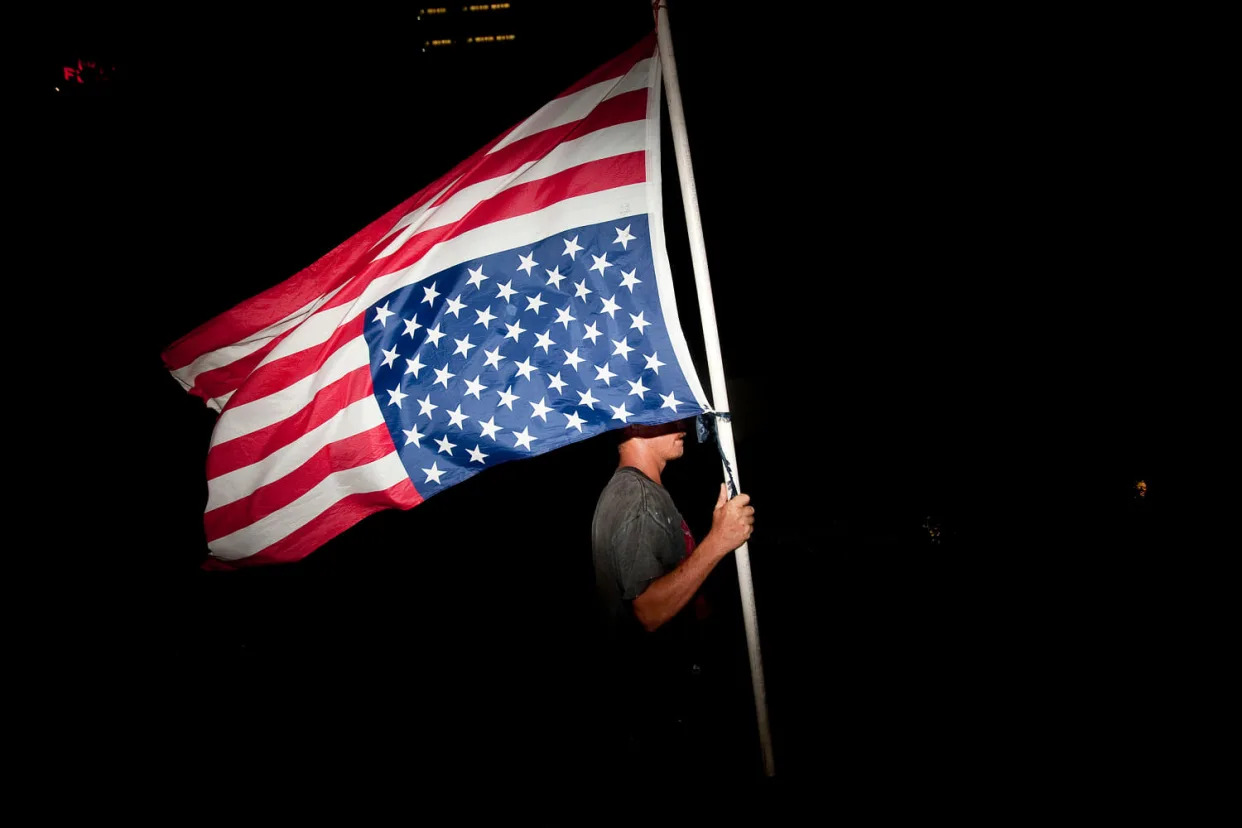Former Neuralink Staffer Sues After Scratches From Herpes Monkey
FIRED FOR GETTING PREGNANT

Sarah McBride
Fri, Jun 14, 2024
(Bloomberg) -- Elon Musk’s brain-implant startup Neuralink Corp. forced an employee to work with monkeys that carried the Herpes B virus in conditions in which the animals scratched her bare skin, according to a complaint filed Friday in state court in California.
The employee, Lindsay Short, said that once she transferred to the company’s Fremont, California, site in August 2022, she encountered “a work environment fraught with blame, shame, and impossible deadlines.” She said she was later fired after telling her supervisors that she was pregnant.
Short sued the company for retaliation, wrongful termination and discrimination based on her gender among other issues.
Neuralink didn’t immediately respond to a request for comment on the suit.
The startup is in the early stages of clinical trials for its device, which is aimed at restoring function for paralyzed patients. An Arizona man, Noland Arbaugh, recently underwent surgery and became the first human patient to have the device implanted. A quadriplegic, Arbaugh can now successfully play video games by using only his thoughts.
The company has also come under fire for the mistreatment of monkeys and other animals in the past, including botched surgeries when it conducted research on monkeys housed at the University of California at Davis. It has since moved monkey research to its own facilities.
Short said she was working with monkeys that carried the Herpes B virus when she was scratched through a glove. She accused the company of failing to provide proper protective gear to work with the monkeys. In another incident, after she was forced to perform a procedure she wasn’t familiar with, a monkey scratched her face. When she insisted on medical treatment, her boss threatened “severe repercussions” if it happened again, according to the complaint.
In the lawsuit, Short also said Neuralink didn’t honor a promise for flexible work hours to accommodate her family, then demoted her in May 2023, two months after a promotion.
The following month, she told Neuralink’s human resources department she was pregnant. Short was fired the following day with the company saying the dismissal was for performance issues, according to the lawsuit.












